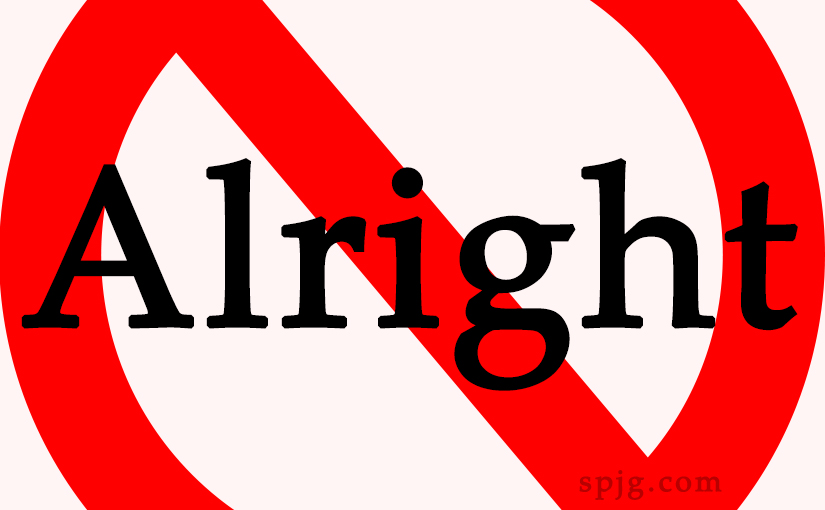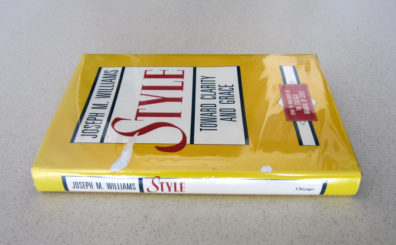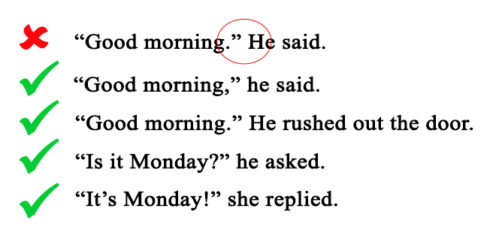
Don’t all write ‘alright’, all right?
I must have been told early and often that ‘all right’ must be written as two words because it just absolutely baffles me that anyone would want to write it any other way.
But hey, maybe I’m wrong. Why don’t we get some other opinions on this?
Below are the first ten Google hits for “all right vs alright”.
- Grammar Girl says historically ‘alright’ was always wrong, but that it might somehow be gaining limited acceptability.
- Dictionary.com says ‘alright’ is acceptable in written dialog and informal writing only.
- Oxford Dictionaries says despite the existence of ‘altogether’ and ‘already’ in standard English, it is still inadvisable to use ‘alright’ because it is widely regarded as incorrect.
- Writer’s Digest says ‘alright’ technically isn’t a word. Its status could change but hasn’t yet.
- Grammarist says that because ‘alright’ has never been accepted by dictionaries or usage authorities, for now you should play it safe and avoid it, unless you’re feeling particularly bold.
- Writing Explained says young writers may not even be aware that there’s a debate over ‘alright’ and ‘all right’, and then beats readers over the head with the mnemonic “It’s not all right to use alright.”
- Merriam-Webster says you can use ‘alright’ if you don’t care that it’s not the favored form, but points out that ‘all right’ is exactly equivalent, and furthermore keeps you from looking like you don’t know what you’re doing.
- Merriam-Webster’s dictionary entry for ‘alright’ says ‘alright’ is common in dialog and informal writing. (Incidentally, beware of insisting that something “is a word” just because “it’s in the dictionary”.)
- Grammar Monster says ‘alright’ is a nonstandard variant of ‘all right’ and is best avoided in formal writing.
- Cambridge Dictionaries Online says that ‘all right’ may be written as one word but that it’s less common to do so.
I think there’s overwhelming evidence in favor of avoiding ‘alright’. Unless you’re militantly anti-conservative, linguistically speaking.
In which case, what’s next? A big push for spelling ‘a lot’ as one word?
So, upshot: I may be fighting a losing battle, but according to the authorities, it isn’t lost yet. And I’m not fighting alone, even if it for sure feels that way sometimes. Fight with me! If you’ve read this far, you can no longer claim that you just didn’t know better.
Q: What’s the difference between ignorance and apathy?
A: I don’t know and I don’t care.



